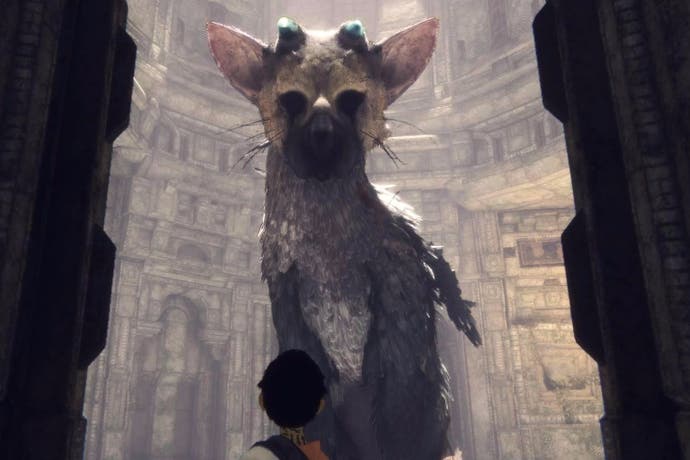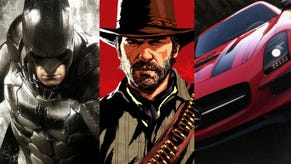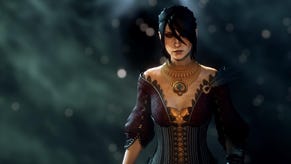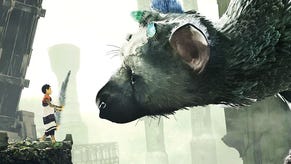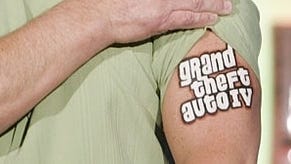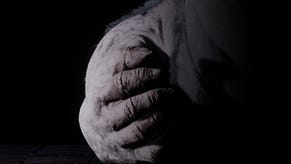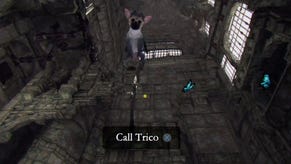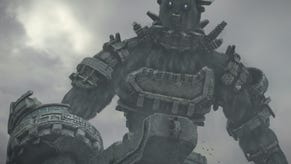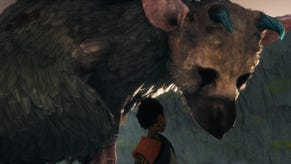Can we talk about the ending of The Last Guardian?
Spoilers!!!
As the title implies, this article contain MAJOR SPOILERS about the ending of The Last Guardian. It also contains spoilers for Ico and Shadow of the Colossus.
Fumito Ueda's games all end in a similar manner. Each ones concludes on an ambiguous, vaguely melancholy note before fading away to credits, only to be revisited with a more optimistic post-credits epilogue.
Ico initially ended with its titular star lost at sea. Sure he escaped from the cursed castle that the beautiful and the damned leads were bound to by an ominous witch, but our protagonist was still adrift on open waters so any happiness perceived from this ending is tinged with a rational fear of "Won't he starve to death if he doesn't find land soon?"
Thankfully, he does find land with the post-credits coda showing him docking on an idyllic beach. Better yet, he finds his quasi-romantic companion there too! It's a sweet note, but maybe a little too twee for our forsaken heroes - though some interpret it as just a dream.
Shadow of the Colossus had a similarly grim initial conclusion with player character Wander getting turned into a demon after an ill-advised quest to resurrect his beloved. Once transformed into a monster god, they're vanquished by some sort of village elder via a strange spell. There's a faint glimmer of hope as the object of Wander's affection is revived after his passing, and it turns out that Agro the horse survived with only a limp to show for their troubles, but it ultimately ends on a somber note. This initial conclusion is defanged by an epilogue that saw the recently resurrected woman finding our cursed hero reborn as a sweet, adorably demonic, horned baby. Then we get an uplifting scene of this makeshift family frolicking in a garden with cute animals. It's a little too happy, in my opinion, even if our hero (or anti-hero?) gets the short end of the stick.
The Last Guardian sticks to this template on the surface, but its supposedly optimistic conclusion is actually the bleakest in Ueda's history. As soon as the first trailer for The Last Guardian was revealed the popular theory was that the "catweagle" (the unofficial Eurogamer term for the species) would die at the end. It would be sad. We'd all cry. Then give it awards. As it turns out, Trico does survive the story, as does the boy, yet its final moments are even more ominous as a result.
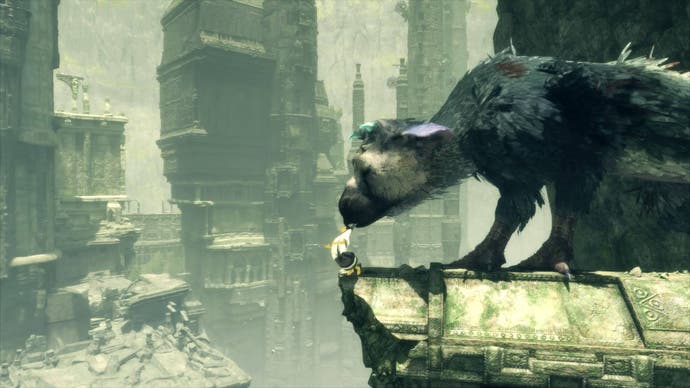
At the story's conclusion Trico takes a beating, to put it lightly, in order to save our protagonist from a hoard of malicious catweagles. With its tail ripped off and its majestic body littered with severe wounds, the lovable creature returns our battered hero to the village he was abducted from. Unfortunately, the townspeople don't take kindly to Trico, for it was they who kidnapped the boy in the first place; little do they know the beast was being brainwashed by an ominous force presiding over a magical mountain. The boy is too hurt to speak in defense of his feathered friend while Trico's cries are misinterpreted as a threat. In the end, Trico bails before violence erupts and the adult version of the boy narrating the tale explains that he never saw the beast again, though he suspects it died shortly after this Ueda rendition of Guess Who's Coming to Dinner.
Had it ended here it would have wrapped things up in a neat little package. Trico dies saving you. How noble! Roll credits. The end. But wait, there's more!
After the credits we see the boy - now a grown bearded man with children of his own - unearth the mirror shield central to his strange tale. With an impassioned expression of respect, the man raises the shield to the heavens emitting a beam of light to honour his lost companion. The camera swoops up, flies through the clouds, descends upon the mountain citadel where their adventure transpired, and settles upon the cave where their journey began. Out of the shadows, Trico glowing green eyes appear. They live! So it's a happy ending after all!
Or is it?
In truth, I don't think it's any more optimistic that Trico is still alive as one wonders about the quality of their life after the epic adventure decades prior. Did they simply trot about sniffing plants and chasing butterflies to their heart's content? Or was this more of a Jurassic Bark situation where Trico spent its remaining years in desolate hopes of seeing their best friend again. I'd like to think the former, I really would, but I just don't know. One would think that providing closure about Trico's whereabouts would add greater finality to the tale, but in actuality it does the opposite.
Conversely, the boy manages to move on with his life in some ways - he does have a family now, after all - though he still can't properly mourn his friend, as he's never sure if Trico is still alive out there. The epilogue provides closure to the player, but not to the boy, who must go on with the fate of his former companion open-ended.
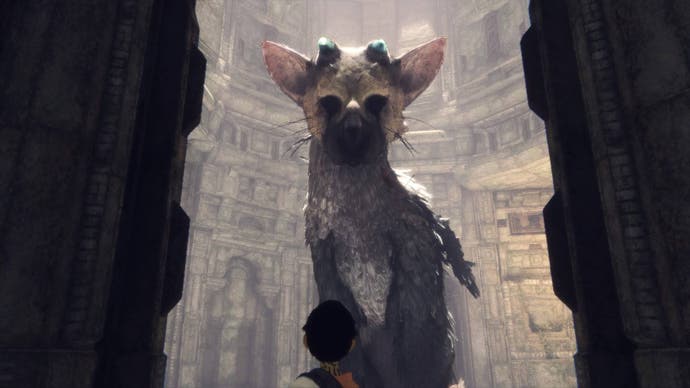
Had Trico simply died saving the boy, it would be a fitting end for the creature - and the game - tying everything up in a pat finale. But the game isn't about life or death: it's about a relationship. And at the end of the day, these two cannot be together due to the narrow-mindedness of the society from which the boy emanates. That's pretty grim.
All of Ueda's games have been about relationships. Ico was an optimistic fairy tale about the power of love (it might just save your liiife!), Shadow of the Colossus was a screed against the dangers of obsession, and The Last Guardian is about the troubled relationship between man and nature. We live in a world threatened by climate change, a dwindling amount of natural resources, and an increased list of endangered species. The Last Guardian is a reminder that we need to treat the natural world better or there won't be any more catweagles to hang out with.
More than that, The Last Guardian is about peacefully coexisting with that which is different than us and cannot be properly understood. But they can be understood better! The details and specifics of another's mind - be it another human, cat or catweagle - will always elude us in ways both big and small, but Ueda believes that if we take the time to communicate, harmony can be formed across even the most unlikely of pairings. That's the optimistic part. The downer is that he suggests that even the most beautiful of bonds can be broken by ill-informed mob rule; a timeless message that's as relevant now as ever.
